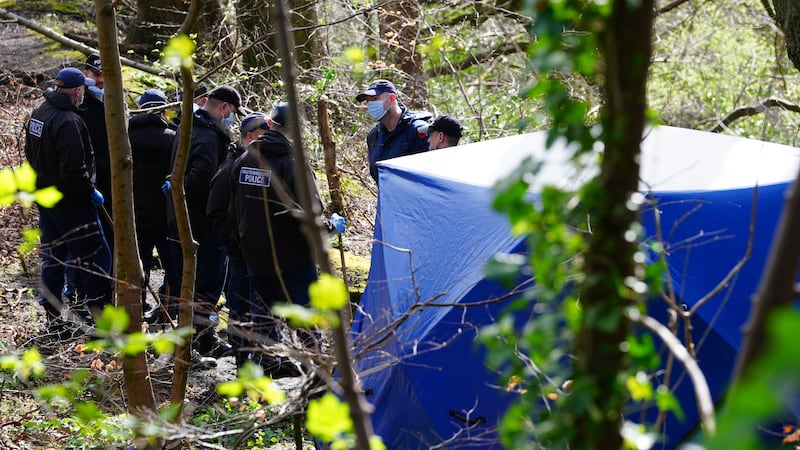GRAMMAR schools who use 11-plus entrance exams are doing serious and lasting damage to the ethos and reputation of Catholic education, principals have warned.
The Catholic Principals' Association (CPA), which represents the views of about 230 Catholic schools, said it noted with grave and increasing concern the continued use of unregulated tests to select and reject pupils.
This is the seventh year that grammar schools have run their own entrance exams. The last state-sponsored 11-plus was held in November 2008, when this year's P7s were in their final pre-school year.
Schools largely remain split into two camps using either the Common Entrance Assessment (CEA) or multiple-choice papers set by GL Assessment.
Last Saturday, about 7,800 children took the first of three CEA papers. Pupils will take the GL papers this Saturday coming.
A growing number of schools now accept the results of either test. Antrim Grammar has this year become the latest to accept results of both. This brings to six the number of non-Catholic schools who admit children based on GL results. No Catholic grammars use the CEA.
Of the 34 schools that use the GL results, 26 are in the Catholic sector. Two integrated schools also use the tests to admit some pupils.
The CPA said the continuation of academic selection flew in the face of the leadership provided by Primate Archbishop Eamon Martin who said: "In this day and age no young person should be turned away from a Catholic school on the basis of their mark in an entrance test at the age of 10 or 11".
"The continuation of selection is also doing serious and lasting damage to the ethos and reputation of Catholic education," the CPA said in a statement.
"How can anyone in society continue to advocate and speak the language of social justice, inclusion and high quality provision for all while simultaneously practising educational exclusion and de facto social streaming? The CPA and its members want no part in or association with this practice."
Loreto College in Coleraine and St Patrick's Grammar School in Armagh no longer use 11-plus tests. The new St Ronan's College in Lurgan is also non-selective.
"We note that in areas where selection has thankfully ended, Catholic schools continue to flourish and prosper with the support and endorsement of parents," the CPA added.
"The ending of unnecessary, unregulated and stressful testing has been a clear benefit in these areas. It is a model CPA would propose for all Catholic provision. We remain baffled as to why it is thought too painful, too fraught or too problematic for other areas when practice and precedent are there for all to see.
"We can think of no valid moral, ethical, social, logistical, demographic or educational grounds for continued academic selection. It is essential that the road-blocks to implementation of a truly Catholic system are identified and specified by those who still advocate academic selection and / or find its abolition too fraught to implement."








